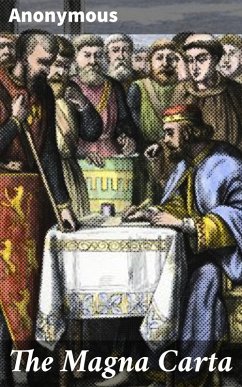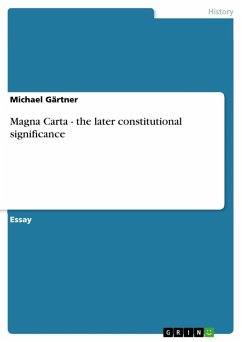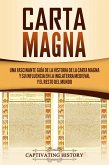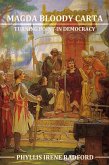The Magna Carta, a foundational document of English legal and political history, emerges as a pivotal charter that articulates the principles of justice, liberty, and the limitations of monarchical power. Written in 1215, its seminal clauses enshrine the rights of subjects against the crown, advocating for due process and the rule of law. The text exhibits a legalistic yet poetic style, reflecting the tumultuous socio-political climate of medieval England, where feudal grievances and struggles for power sparked revolutionary ideas about governance that resonate through the centuries. Although the author of The Magna Carta remains anonymous, the circumstances of its creation are steeped in historical significance. It was drafted during a period of significant unrest, prompted by King John of England's autocratic rule, heavy taxation, and conflicts with the nobility. The charter represents a collective voice of the barons, suggesting a conscious movement towards checks and balances in governance, influenced by earlier documents and the evolving notion of rights. This profound document is essential reading for anyone interested in the evolution of legal principles and governance. Its enduring relevance offers a window into discussions of liberty and authority, making it a must-read for scholars, legal practitioners, and history enthusiasts alike.
Dieser Download kann aus rechtlichen Gründen nur mit Rechnungsadresse in A, B, BG, CY, CZ, D, DK, EW, E, FIN, F, GR, H, IRL, I, LT, L, LR, M, NL, PL, P, R, S, SLO, SK ausgeliefert werden.









